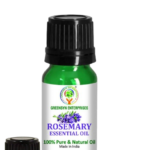Are you ready to dip your toes into the world of essential oils but feeling a bit overwhelmed by the prospect of making your first online purchase? Fear not! With a little guidance and know-how, navigating the vast array of options available can be an exciting and rewarding experience. In this beginner’s guide, we’ll walk you through everything you need to know to confidently embark on your first online essential oil shopping journey.
1. Educate Yourself About Essential Oils:
Before diving into the online marketplace, take some time to educate yourself about essential oils. Understand the basics, such as how they’re extracted from plants, their therapeutic properties, and the various ways they can be used. Familiarize yourself with popular essential oils like lavender, peppermint, and tea tree, as well as their respective benefits and applications. Armed with knowledge, you’ll be better equipped to make informed decisions when browsing online stores.
2. Research Reputable Brands and Suppliers:
When shopping for essential oils online, it’s essential to choose reputable brands and suppliers known for their commitment to quality and transparency. Look for companies that prioritize sustainability, ethical sourcing practices, and rigorous quality testing. Check customer reviews and ratings to gauge the reputation and reliability of the brands you’re considering. Opt for brands that provide detailed information about their sourcing, production processes, and third-party testing protocols to ensure transparency and authenticity.
3. Read Product Descriptions and Labels Carefully:
Pay close attention to product descriptions and labels when browsing essential oils online. Look for key information such as the botanical name of the oil, its country of origin, extraction method, and purity level. Avoid products that contain synthetic additives, fillers, or diluents, as these may diminish the quality and efficacy of the oil. Choose oils that are labeled as 100% pure, organic, and therapeutic grade for the highest quality and potency.
4. Check for Certifications and Testing:
Reputable essential oil brands often undergo third-party testing and certification to verify the purity and authenticity of their products. Look for certifications from recognized organizations such as the USDA Organic, ECOCERT, or ISO, which demonstrate adherence to stringent quality standards. Additionally, inquire about the testing methods used to assess the quality and purity of the oils, such as gas chromatography-mass spectrometry (GC-MS) analysis. Products that have been independently tested and certified are more likely to meet high-quality standards and provide you with peace of mind.
5. Compare Prices and Value:
When comparing essential oils online, consider factors such as price, volume, and overall value. While price alone is not always indicative of quality, excessively low prices may signal inferior or adulterated products. Look for competitive pricing that aligns with industry standards and consider the overall value offered, such as bundle deals, discounts on larger quantities, or free shipping options. Take into account factors such as shipping costs, return policies, and customer service reputation when evaluating the overall value proposition.
6. Check Shipping and Return Policies:
Before finalizing your online purchase, review the seller’s shipping and return policies to ensure a smooth and hassle-free shopping experience. Check for information about shipping rates, delivery times, and tracking options to estimate when your order will arrive. Familiarize yourself with the return and exchange process in case you’re not satisfied with your purchase or encounter any issues. Choose sellers that offer flexible return policies and responsive customer support to address any concerns or inquiries promptly.
7. Consider Customer Feedback and Reviews:
Take advantage of customer feedback and reviews to gain insights into the quality and performance of essential oils from different brands. Look for honest and unbiased reviews from verified customers who have firsthand experience with the products. Pay attention to comments about scent, potency, effectiveness, and overall satisfaction to help guide your purchasing decisions. Keep in mind that individual preferences and experiences may vary, so consider multiple perspectives before making a decision.
8. Trust Your Instincts:
Ultimately, trust your instincts and intuition when making your first online essential oil purchase. If something feels off or too good to be true, it’s better to err on the side of caution and choose a trusted and reputable seller. Listen to your gut instincts and prioritize authenticity, transparency, and integrity when selecting essential oils online. Don’t hesitate to reach out to customer support or ask questions if you need clarification or assistance during the purchasing process.
Conclusion:
Embarking on your first online essential oil purchase can be an empowering and enlightening experience. By educating yourself, researching reputable brands, reading product descriptions carefully, checking for certifications, comparing prices and value, reviewing shipping and return policies, considering customer feedback, and trusting your instincts, you can navigate the online marketplace with confidence and make informed decisions that align with your wellness goals and preferences. Remember that exploring the world of essential oils is a journey, and each purchase is an opportunity to discover new scents, benefits, and experiences. Happy shopping, and may your online essential oil adventure be filled with joy, discovery, and aromatic delights!


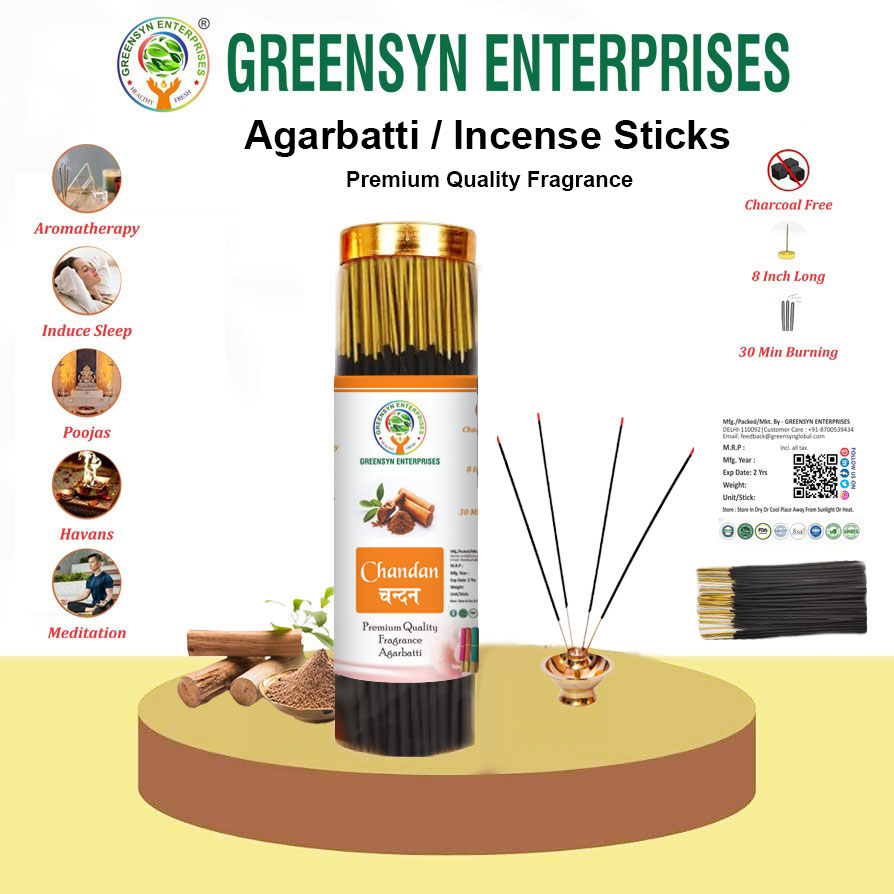 Agarbatti Stick
Agarbatti Stick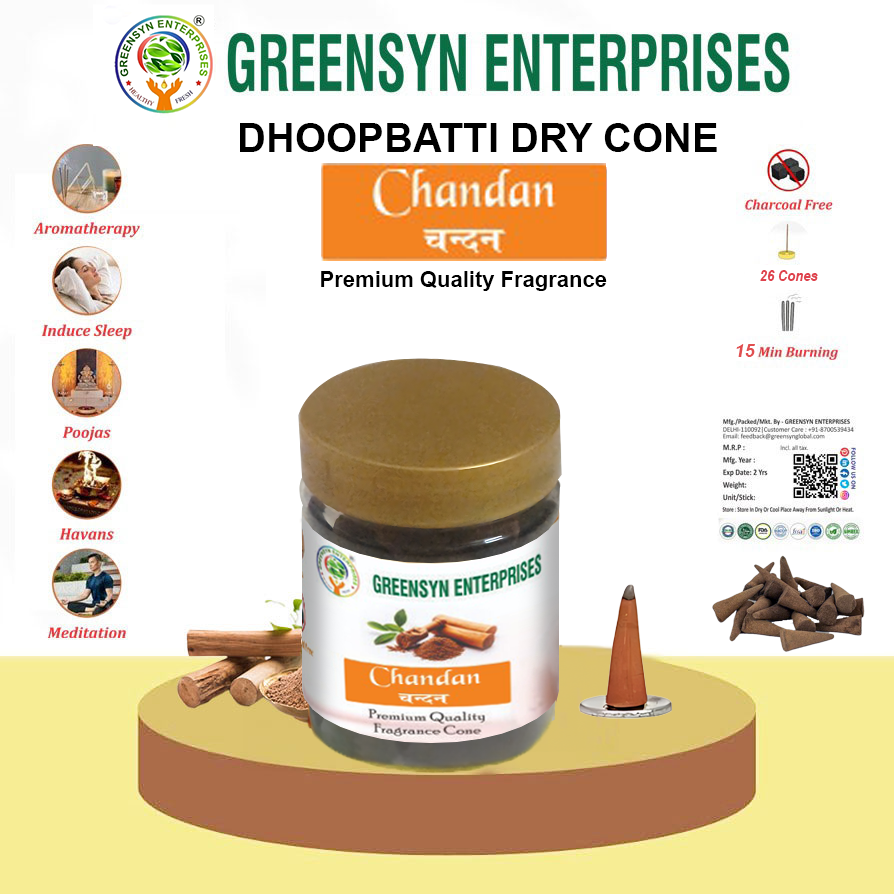 Dry Cone
Dry Cone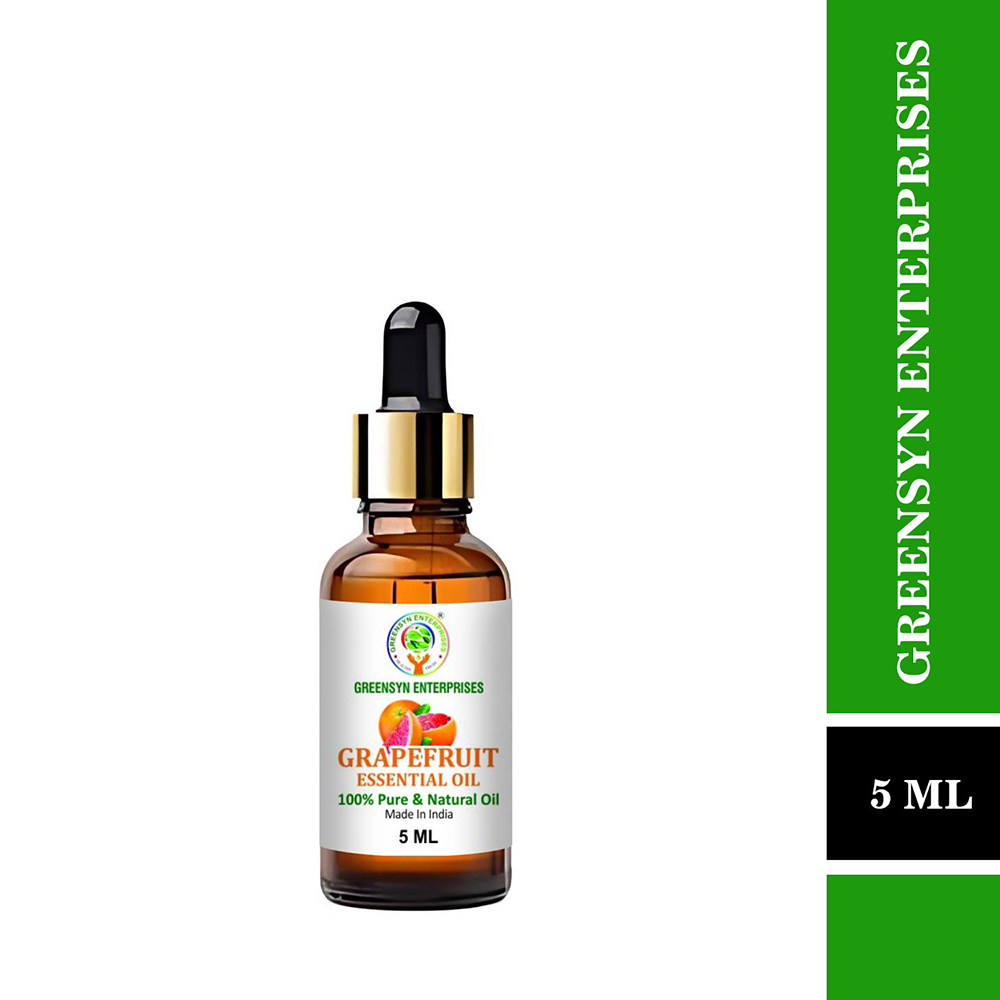
 Aromatic Oils
Aromatic Oils

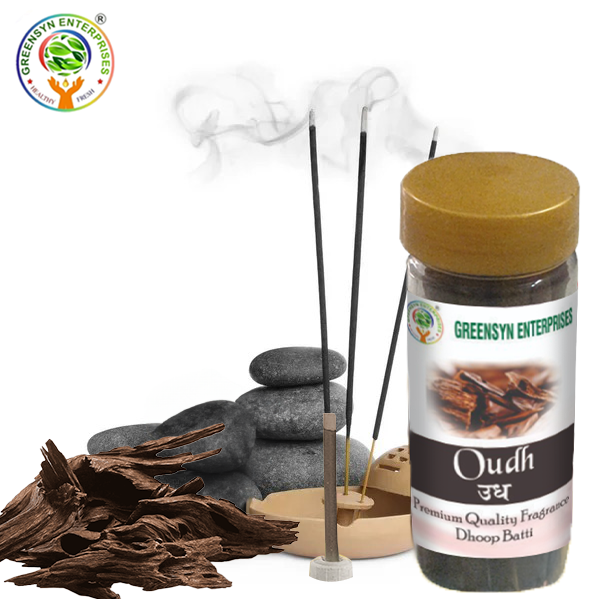
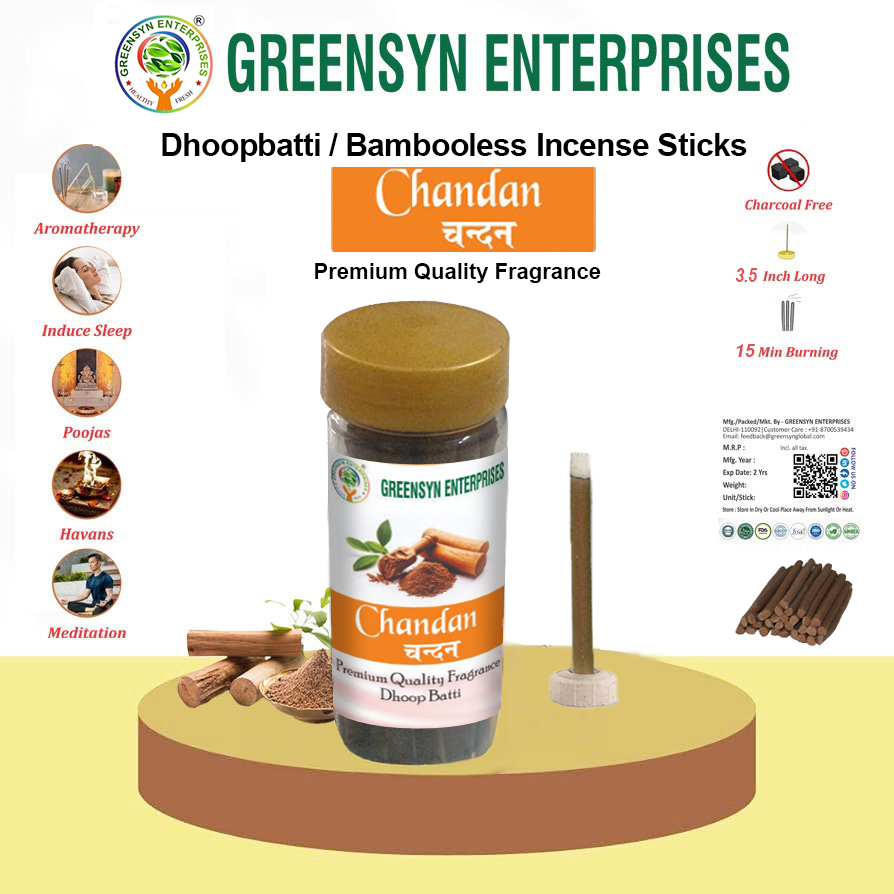
 Potpourri
Potpourri
